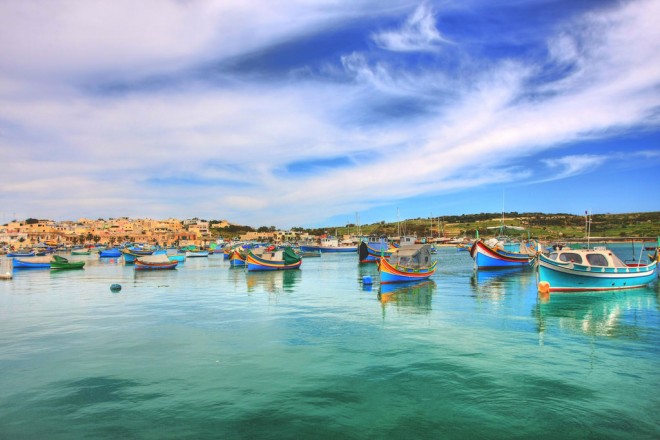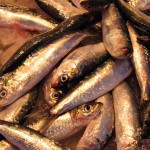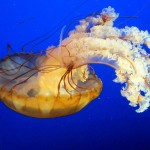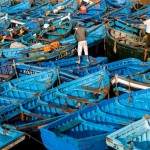The Fifth Assessment Report of the Intergovernmental Panel on Climate Change (IPCC), released in 2013 and 2014, highlighted the vulnerability, impacts and adaptation of marine systems to climate change and ocean acidification. As this field of research is constantly building and evolving, “Observed and projected impacts of climate change on marine fisheries, aquaculture, coastal tourism, and human health: an update” was recently published as an update of findings since the release of the report.
The literature review was published in Frontiers in Marine Science by Nereus collaborator Lauren Weatherdon, Changing Ocean Research Unit, Nereus Director of Science William Cheung, and Research Associate (Honorary) Rashid Sumaila. The authors found that the new papers continue to support the key conclusions from the IPCC, and provide new evidence to improve confidence and understanding of climate change impacts. Among the findings are that the tropics will generally be the most impacted, freshwater aquaculture has the potential to become an important food source though sustainability is uncertain, and that climate change may impact marine-related tourism, with “winners” and “losers” as tourism flows towards higher latitude regions and away from some small island and developing countries.

The paper accumulates new key findings on climate change impacts on marine fisheries, aquaculture, coastal tourism, and human health. Image: “Marsaxlokk traditional Maltese fishing boats 2” by Kev-1n, CC BY-NC-ND 2.0.
Abstract:
The Intergovernmental Panel on Climate Change (IPCC) Fifth Assessment Report (AR5) states that climate change and ocean acidification are altering the oceans at a rate that is unprecedented compared with the recent past, leading to multifaceted impacts on marine ecosystems, associated goods and services, and human societies. AR5 underlined key uncertainties that remain regarding how synergistic changes in the ocean are likely to affect human systems, and how humans are likely to respond to these events. As climate change research has accelerated rapidly following AR5, an updated synthesis of available knowledge is necessary to identify emerging evidence, and to thereby better inform policy discussions. This paper reviews the literature to capture corroborating, conflicting, and novel findings published following the cut-off date for contribution to AR5. Specifically, we highlight key scientific developments on the impacts of climate-induced changes in the ocean on key socioeconomic sectors, including fisheries, aquaculture and tourism. New evidence continues to support a climate-induced redistribution of benefits and losses at multiple scales and across coastal and marine socio-ecological systems, partly resulting from species and ecosystem range shifts and changes in primary productivity. New efforts have been made to characterize and value ecosystem services in the context of climate change, with specific relevance to ecosystem-based adaptation. Recent studies have also explored synergistic interactions between climatic drivers, and have found strong variability between impacts on species at different life stages. Although climate change may improve conditions for some types of freshwater aquaculture, potentially providing alternative opportunities to adapt to impacts on wild capture fisheries, ocean acidification poses a risk to shellfish fisheries and aquaculture. The risk of increased prevalence of disease under warmer temperatures is uncertain, and may detrimentally affect human health. Climate change may also induce changes in tourism flows, leading to substantial geospatial shifts in economic costs and benefits associated with tourism revenue and coastal infrastructure protection and repairs. While promising, ecosystem-based coastal adaptation approaches are still emerging, and require an improved understanding of key ecosystem services and values for coastal communities in order to assess risk, aid coastal development planning, and build decision support systems.








